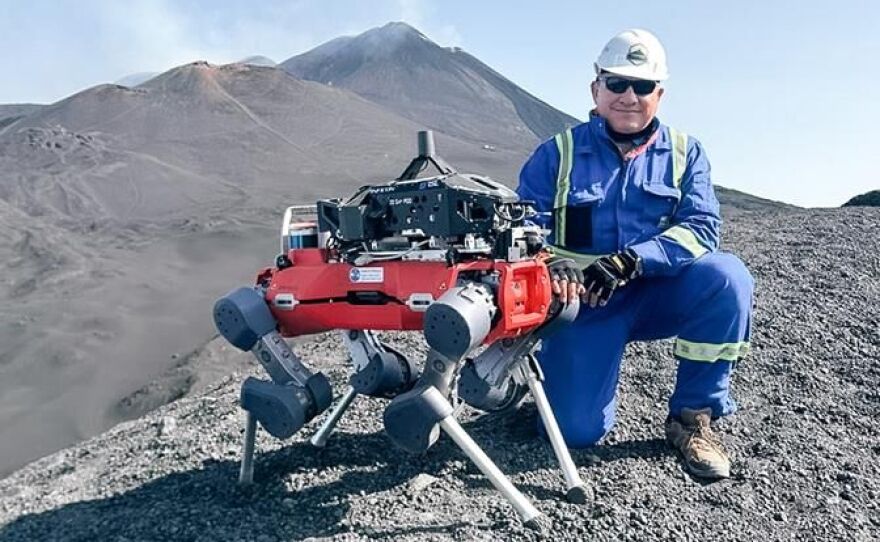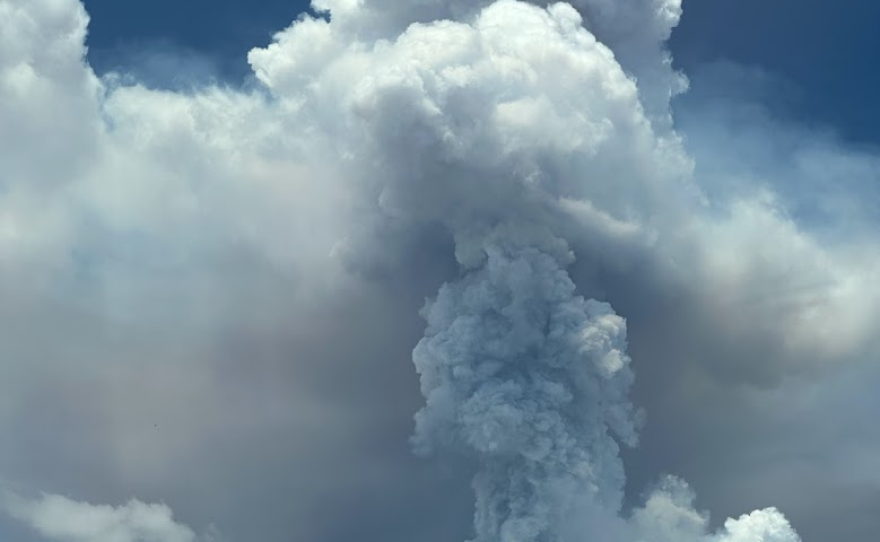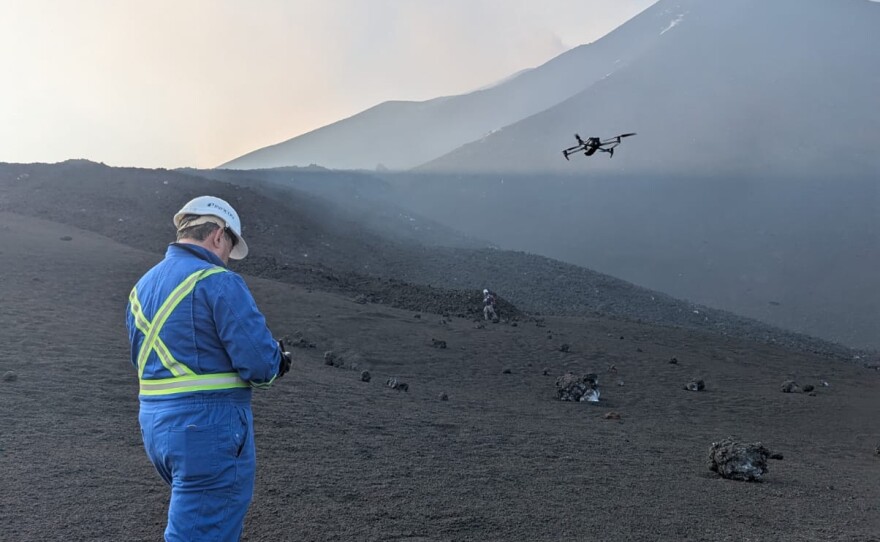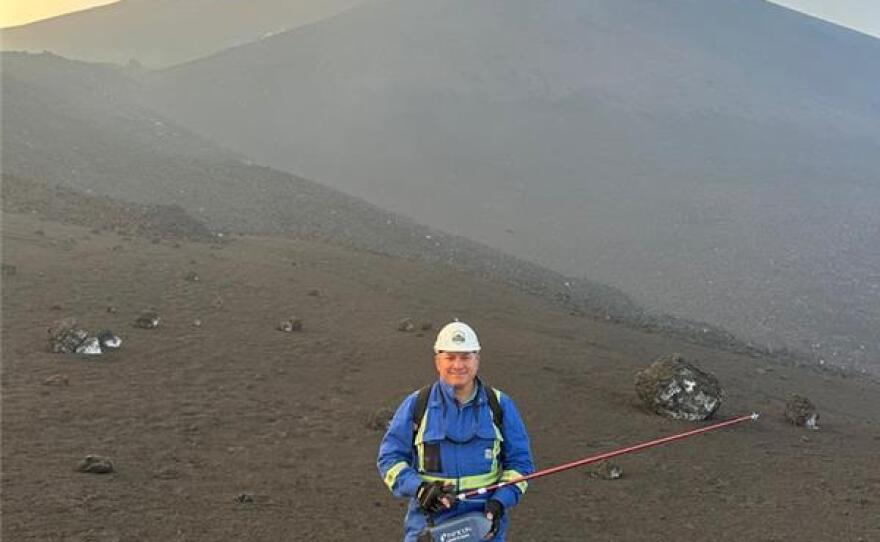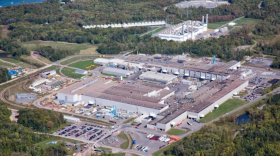Physicist Andres Diaz, Ph.D., first became interested in studying volcanoes when he was growing up in Costa Rica.
"My home, you are 20 miles as the crow flies from a volcano, so we open the windows, and we see a volcano," Diaz said.
He said he learned the importance of paying attention to volcanoes and respecting their power.
Now, as the research manager for emerging applications and new markets at INFICON in East Syracuse, Diaz is working to take the study of volcanoes to the next level.
He said historically, volcanologists would go to the field, collect samples, sometimes risking their lives, and bring them to a lab, which can take time and alter their data.
"I want to provide a different way to do things and collect the same data, and even better quality data,” he said. “Because the human factor is important, but also, you could get into a situation that you need to kind of walk away, it's not safe anymore."
Diaz is working on using technology to take measurements of a volcano in situ, or on site, in a way that is less risky for researchers and more accurate for tracking volcanic activity.
In June, INFICON partnered with research groups from several other countries to test the use of drones and robots at Mount Etna. And while they were there, the volcano erupted, something Diaz did not expect.
"To me, it was kind of a humbling experience. Here I am, and the volcanic ash decides to blow up, and say, 'I really don't care what you're planning for today. I'm here, and I'm dangerous, and you need to be aware of what we are doing,’" he said.
The teams were able to complete their research at Mount Etna, and Diaz hopes to analyze that data and work on continuing to make the equipment as strong as possible. He hopes to open multiple research sites at volcanoes around the world.
"If our knowledge and our capabilities to build systems and to monitor nature allow us to save lives, then we should do it," he said.


